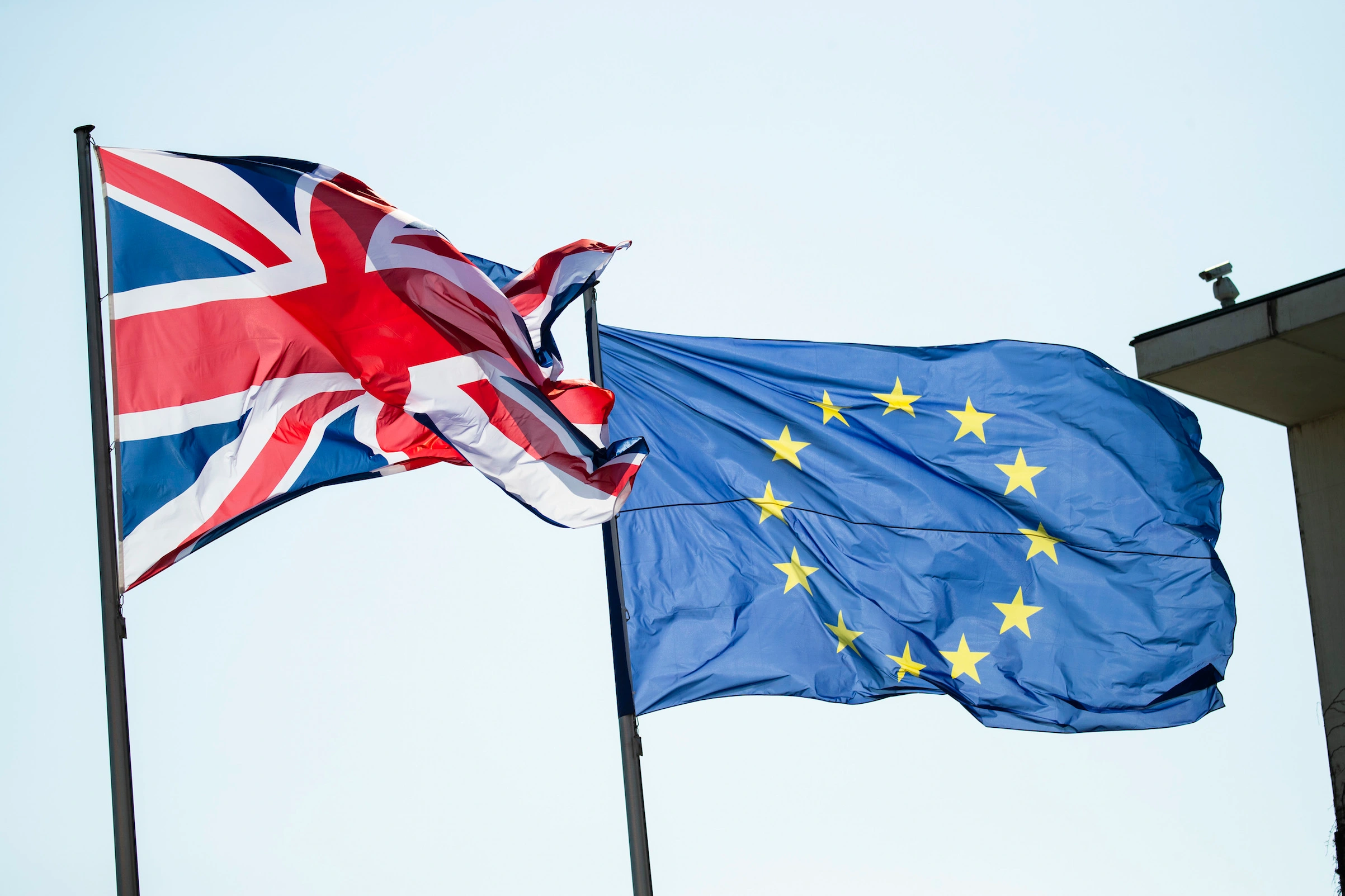Since Brexit, the UK government has been actively seeking opportunities to showcase its ability to reshape regulations outside the EU, treating the departure as a chance to become the “best-regulated economy in the world.” However, this vision of divergence was met with skepticism by businesses, who viewed it as costly and preferred regulatory alignment to simplify cross-border trade.
Under Prime Minister Rishi Sunak, a new approach seems to be emerging – one that sees the UK and EU as constructive competitors rather than adversaries. This concept, termed “managed divergence,” aims to find common ground to address negative impacts and amplify positive outcomes. Instead of focusing on complete alignment or total divergence, the two parties are exploring ways to cooperate and manage their differences.
One manifestation of this new approach is seen in the UK-EU memorandum of understanding on financial services, signed last month. While the UK is seeking divergence in certain areas, both sides are working together to avoid unintended consequences and address challenges. For instance, they aim to coordinate their sustainable finance agendas to avoid potential trade disruptions caused by technical differences.
Similar cooperation is being planned for competition policy, where dialogue between the UK and EU can help prevent future conflicts, such as the recent disagreement over Microsoft’s acquisition of Activision.
Managed divergence also presents opportunities for mutual gains. For instance, the UK and EU share ambitions to curb the dominance of Big Tech in digital markets and combat greenwashing. Through dialogue and cooperation, they can refine their respective regulatory regimes and even conduct joint investigations or implement remedies.
This shift towards managed divergence indicates a maturing UK-EU relationship. The initial post-divorce period was marked by squabbles, with the UK showcasing divergence as a way to assert its independence. However, both sides now seem to accept divergence as a natural part of their individual priorities, with a willingness to work through technical differences.
The evolving UK-EU relationship is taking on characteristics similar to the EU-US dynamic. The EU views the US as both a partner and a competitor, cooperating closely on common issues despite philosophical differences. This resembles the increasing acceptance of managed divergence in the UK-EU relationship, where both parties pursue their goals but find ways to collaborate on shared challenges.
Managed divergence may not address the trade barriers resulting from the post-Brexit trade deal, which necessitates ongoing alignment with EU regulations. However, it provides a framework for cooperation on various matters, such as security, energy policy, artificial intelligence, and youth mobility, and could prove to be an effective and lasting model for collaboration.






